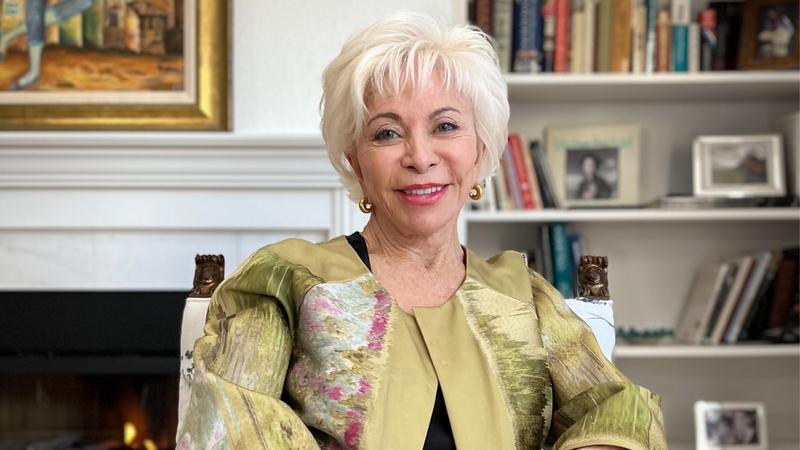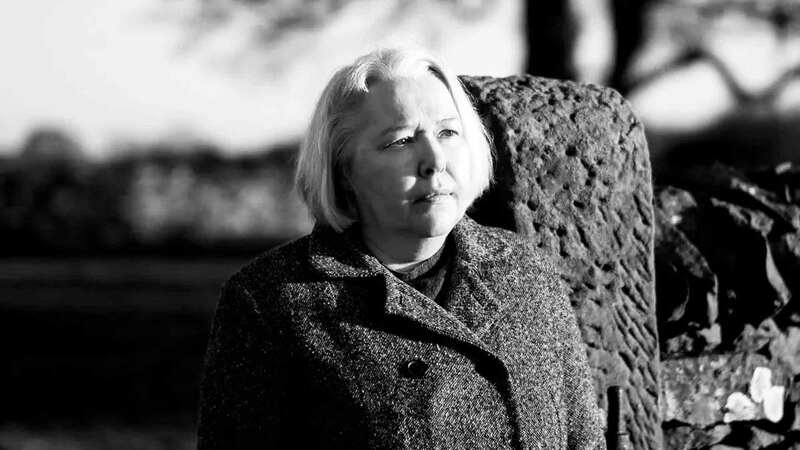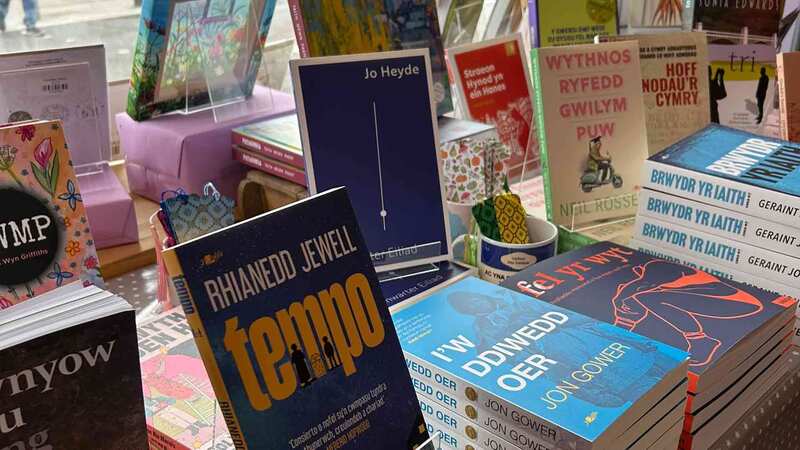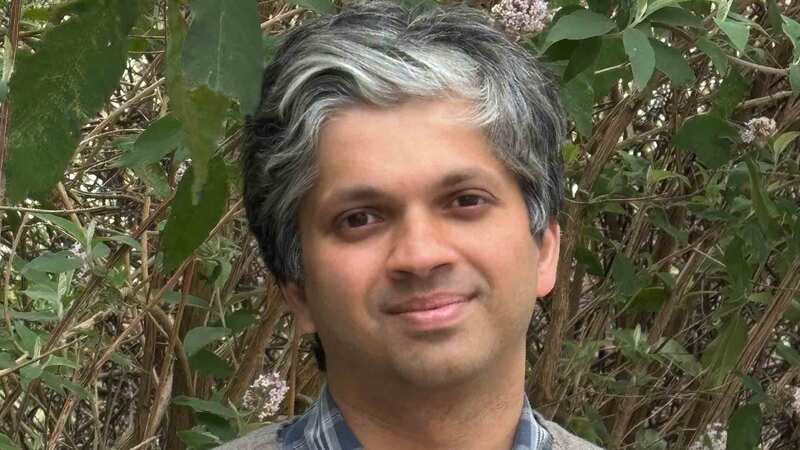You are viewing your 1 free article this month. Login to read more articles.
Beijing invests millions to keep bookshops open
China is investing £5.7 million in preserving brick and mortar bookshops in Beijing as the country increasingly adopts digital.
The Beijing city’s authorities have upped its investment from £2 million a year in 2016 to £5.7 million in its annual budget to help pay for at least 40% of rents and improvements to bookshops.
The move is designed to encourage 700 more bookshops to open within three years, the Times has reported. If achieved, the overall number of bookshops in the capital would reach 1,700 to serve its 22 million residents.
Zhang Su, deputy director of the Beijing bureau of press, publication, radio, film and television, said: “Brick-and-mortar bookstores are an important part of a city’s cultural infrastructure. They carry the memories of a city, they embody a city’s cultural heritage and they affect a city’s cultural ambience.”
Many of the country’s bookshops have closed over the last decade as readers have adopted digital and turned to e-books.
“We cannot rely on the market to ease the bricks-and- mortar bookshops’ existential difficulties, and a government policy supporting them is absolutely necessary,” Zhang said.
Now the authorities want each of Beijing’s 16 districts to have a “highly visible” bookshop, in shopping centres, sightseeing spots, transportation hubs and densely populated neighbourhoods. They can open 24 hours a day and public libraries will also set up branches inside bookshops and vice-versa, bookshops can open in libraries.
The authorities have also scrapped the requirement that a bookshop must have been in business for three years to receive subsidies, meaning more are eligible to benefit and the city has extended a clause to exempt all bookstores from sales taxes.
The Beijing News has reported that the subsidies saved Paper Tiger, a privately owned store in the west of the city, from closure. "It’s fair to say that Paper Tiger would not have made it had it not been for the government subsidy,” Cao Zhangqiong, its owner, said.


















